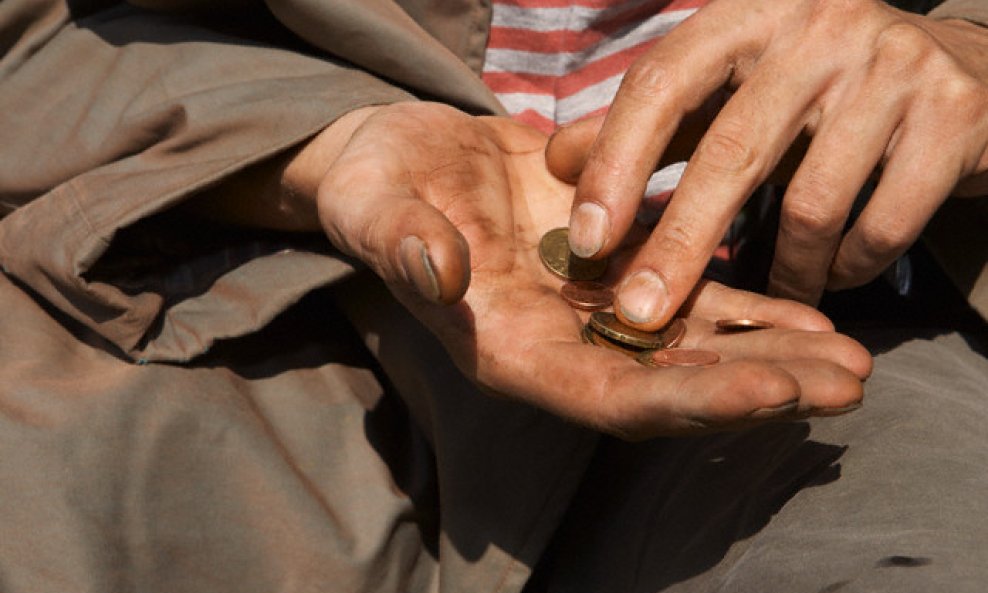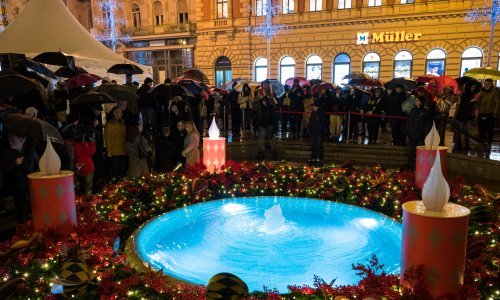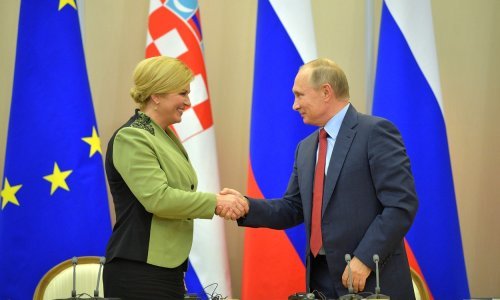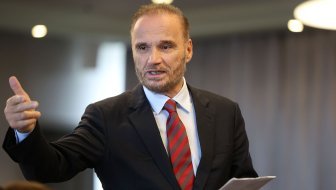Tourism has saved Croatia from a grimmer recession as its tourist operators have received a positive boost from the economic turmoil in Greece, one of the few EU members with poorer economic performance than Croatia's, The Financial Times says.
"Despite being considered among the most advanced transition countries, Croatia has some real difficulty regaining growth under a fixed exchange rate regime coupled with a low export base," says Christian Keller at Barclays Capital.
The economy, which shrank 5.8 per cent last year, returned to growth in the third quarter with a modest 0.2 per cent rise compared with the same period last year.
This seasonal spurt was "mostly due to a good tourist season," says Zdeslav Santic, chief analyst at Societe Generale-Splitska Banka.
Croatia also looks sluggish compared with its non-EU Balkan neighbours, The Financial Times says.
The European Central Bank has urged Croatian officials to tackle the country's fiscal imbalances, the paper says.
Next year's budget, passed on November 23, includes fiscal responsibility legislation and would reduce the deficit to 4.3 per cent of GDP. The budget outlines 122.3 billion kuna in expenditure and 107.4 billion kuna in revenue, leaving the need to borrow 23.3 billion kuna, including 9.3 billion kuna to service debt, finance officials say.
The International Monetary Fund has urged Zagreb to adopt "far-reaching and challenging reforms". However, the country has avoided turning to the IMF for standby credit of the sort that has helped shore up Serbia and Bosnia.
"There's a feeling that Croatia did well enough without the IMF," says Zagreb-based Goran Saravanja, UniCredit Group's chief economist for south-eastern Europe.
Croatia carries a heavy debt burden, with external debt, mainly in the private sector, totalling about 88 per cent of GDP.
The government hopes for more funds and improved morale from EU accession. But Prime Minister Jadranka Kosor's shaky ruling coalition has hesitated on difficult reforms, the newspaper says.
The government remains uncertain how to dispose of state-owned shipyards, a condition for closing EU talks. With elections looming next year, the government's popularity has fallen as fast as economic growth, and unemployment has climbed from 9 per cent to 12.5 per cent this year, the FT says.
Amid the gloom, Croatians have even become more Eurosceptic than EU citizens, according to a recent Gallup Balkan Monitor survey. Nonetheless, analysts in Zagreb say that most will vote Yes to joining, after Croatia receives a firm date for EU entry.
Brussels has been impressed by Prime Minister Kosor's highly trumpeted anti-corruption campaign, the FT says.
Arrests may have slowed down business in the short run, as clerks fear putting their signature to anything. But new wrongdoing has probably been prevented. "This is great for society," Saravanja concluded.



































